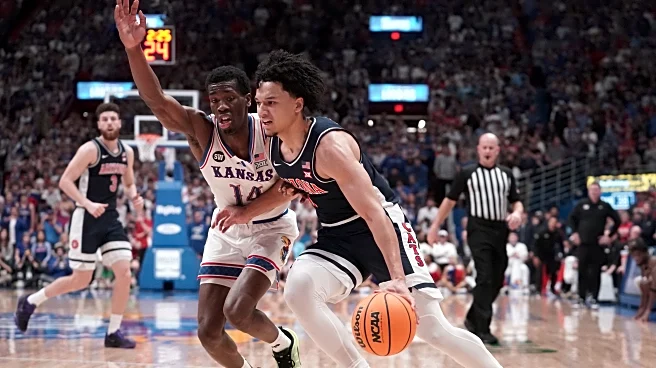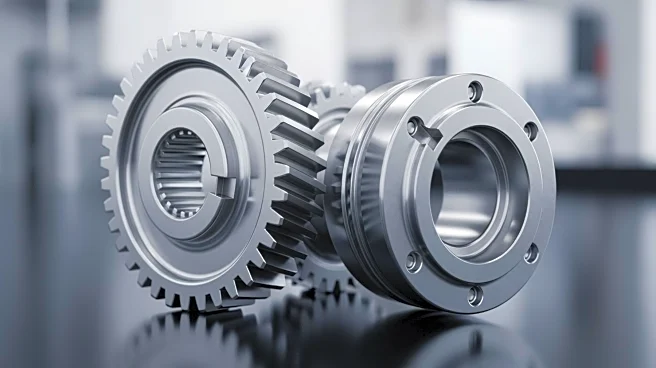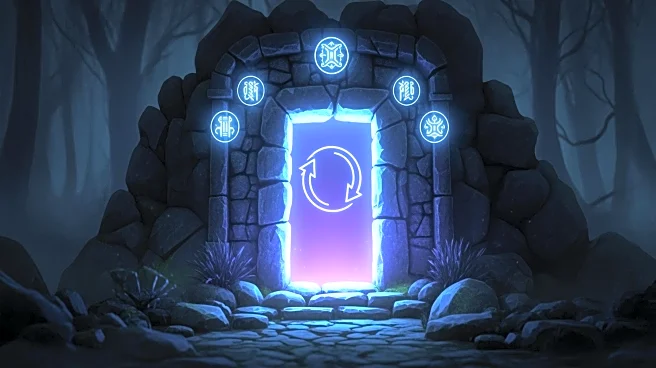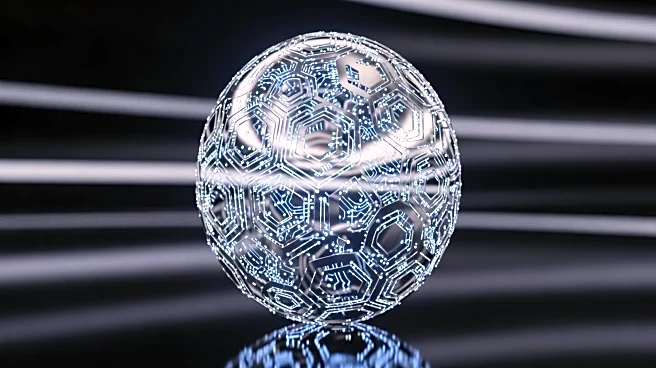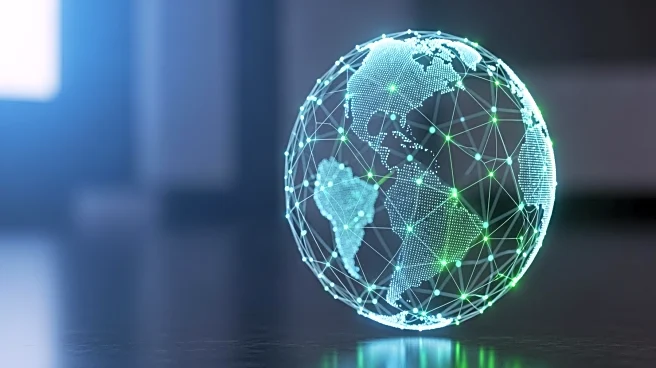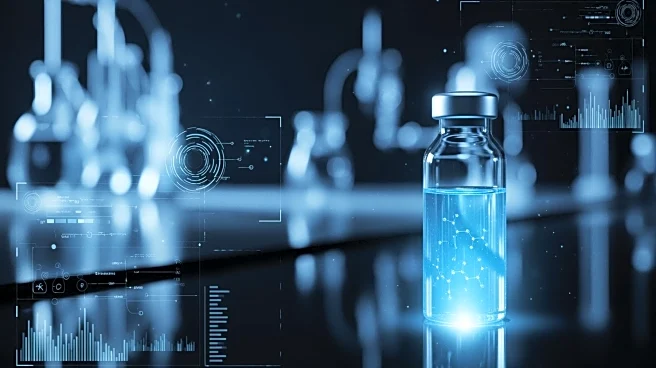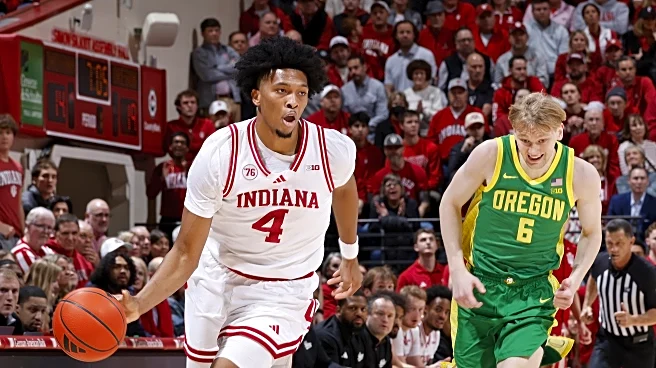Rapid Read • 7 min read
Tesla is currently embroiled in several lawsuits concerning its Autopilot and self-driving technology. In Australia, a class action lawsuit claims Tesla misrepresented the capabilities of its vehicles, particularly regarding Autopilot, battery range, and self-driving hardware. The lawsuit targets Tesla Model 3 and Model Y vehicles equipped with 'Tesla Vision,' a camera-based system. Allegations include 'phantom braking,' where the Autopilot system applies emergency braking unexpectedly, and discrepancies between advertised and real-world driving range. Additionally, the lawsuit challenges Tesla's claims about its Full Self-Driving (FSD) hardware, arguing that the current hardware is insufficient for fully autonomous driving.
AD
These legal challenges highlight significant concerns about the safety and reliability of Tesla's Autopilot and self-driving features. If the courts find merit in these allegations, Tesla may face substantial financial penalties and be required to adjust its marketing practices. This could impact Tesla's reputation and its position in the competitive electric vehicle market. The outcome of these cases could also influence regulatory scrutiny and consumer trust in autonomous vehicle technology, potentially affecting the broader industry.
The class action lawsuit in Australia is open to individuals who purchased or leased a Tesla Model 3 or Model Y between May 2021 and February 2025. Affected owners can register to join the lawsuit. Tesla has yet to formally respond to the lawsuit, but the case could have broader implications for the company's operations globally. If the court rules against Tesla, the company may need to compensate affected owners or revise its marketing strategies.
AD
More Stories You Might Enjoy
